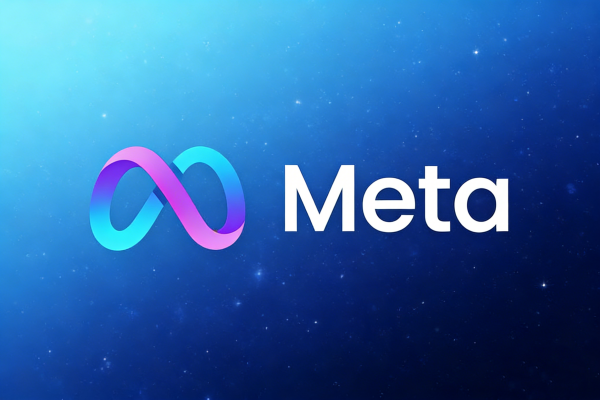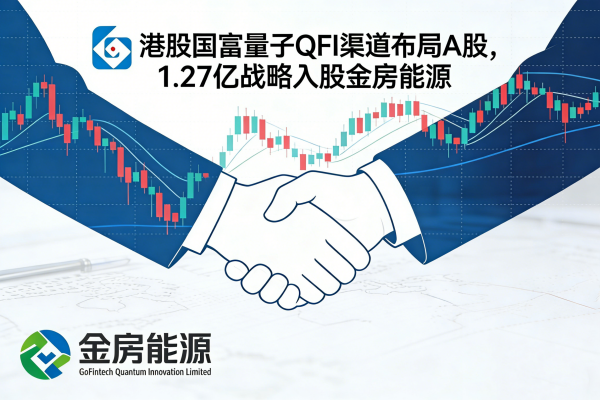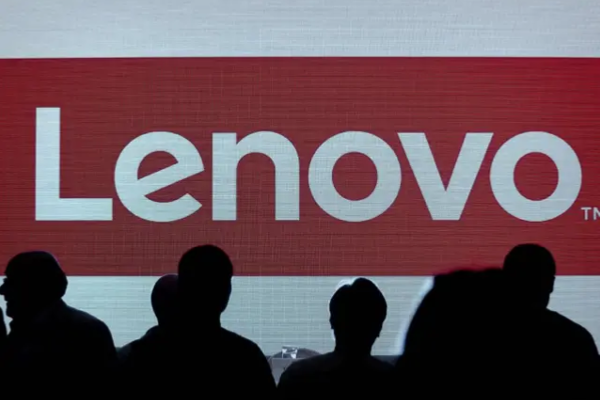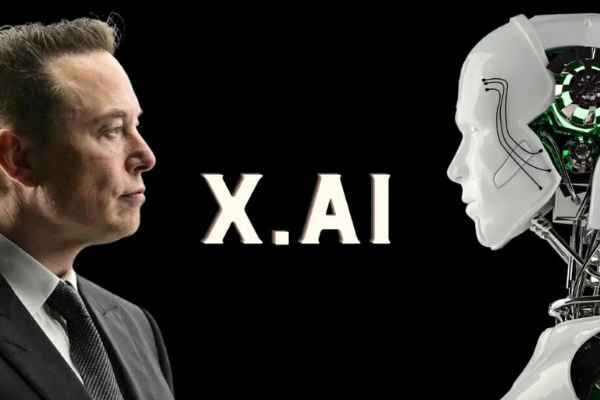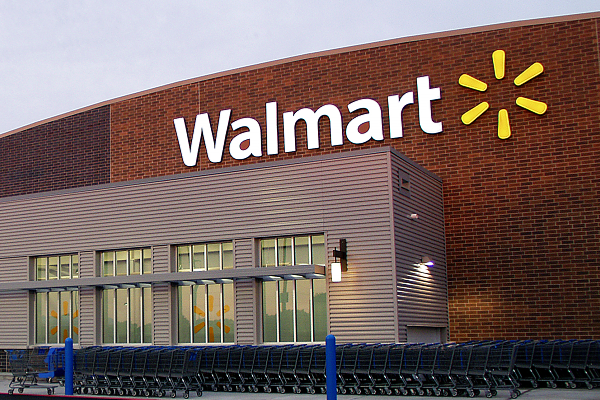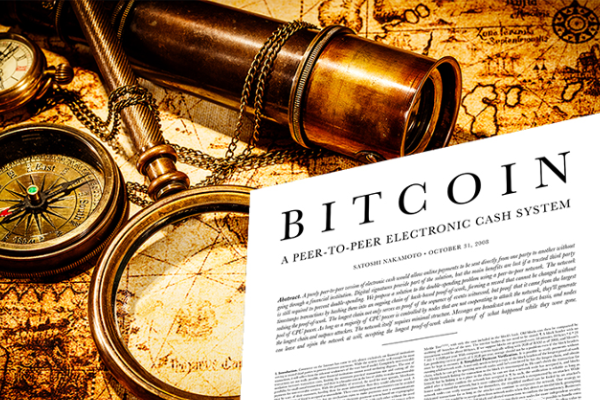What does blockchain mean?
Blockchain is a distributed database that consists of a series of data blocks arranged in chronological order, and uses cryptography to ensure that it cannot be tampered with or forged. This technology originally originated from Bitcoin. As the underlying technology of Bitcoin, it is used to maintain a reliable database in a decentralized and trustless manner. Compared with traditional networks, blockchain has two core characteristics: data is difficult to tamper with and decentralized, which makes the information recorded by blockchain more authentic and reliable, and can solve the problem of people's distrust of each other. From the perspective of financial accounting, blockchain technology can be regarded as a large-scale distributed, open and decentralized network ledger. Anyone can use the same technical standards to add their own information and continuously meet the data entry needs brought about by various needs.
In the financial field, blockchain technology has many advantages. First, it can increase transaction speed. Because blockchain technology adopts a decentralized approach, transactions can be carried out in real time without the need for coordination through intermediaries. This greatly reduces the processing time of transactions and improves efficiency. Secondly, blockchain technology can reduce transaction costs. Traditional financial transactions require high intermediary fees, and the decentralized characteristics of blockchain technology can reduce these fees. In addition, blockchain technology can also enhance the transparency and security of transactions. All transaction records are publicly available, which can effectively prevent problems such as fraud and double payments. Finally, blockchain technology can also provide more flexible functions such as smart contracts. Smart contracts are automatically executed programs that can automatically execute the contract content when specific conditions are met. This can bring more flexible and efficient operation methods to the financial field.
In addition to the financial field, blockchain technology can also be applied to other fields. For example, blockchain technology can be used to achieve digital identity authentication, supply chain management, the Internet of Things, etc. In terms of digital identity authentication, blockchain technology can ensure the privacy and security of personal data, while ensuring the validity and authenticity of certificates. In terms of supply chain management, blockchain technology can achieve traceability of commodity information and improve the transparency and efficiency of the supply chain. In terms of the Internet of Things, blockchain technology can ensure the security and reliability of equipment and avoid malicious attacks and tampering.
In short, blockchain technology is a technology of great significance. It can bring more efficient, safe and reliable operation methods to various fields. The financial field is one of the important fields of application of blockchain technology. It can increase transaction speed, reduce transaction costs, enhance the transparency and security of transactions, and provide more flexible functions such as smart contracts. In the future, with the continuous development and improvement of technology, blockchain technology will be more widely used in various fields and become an important force to promote social development.


